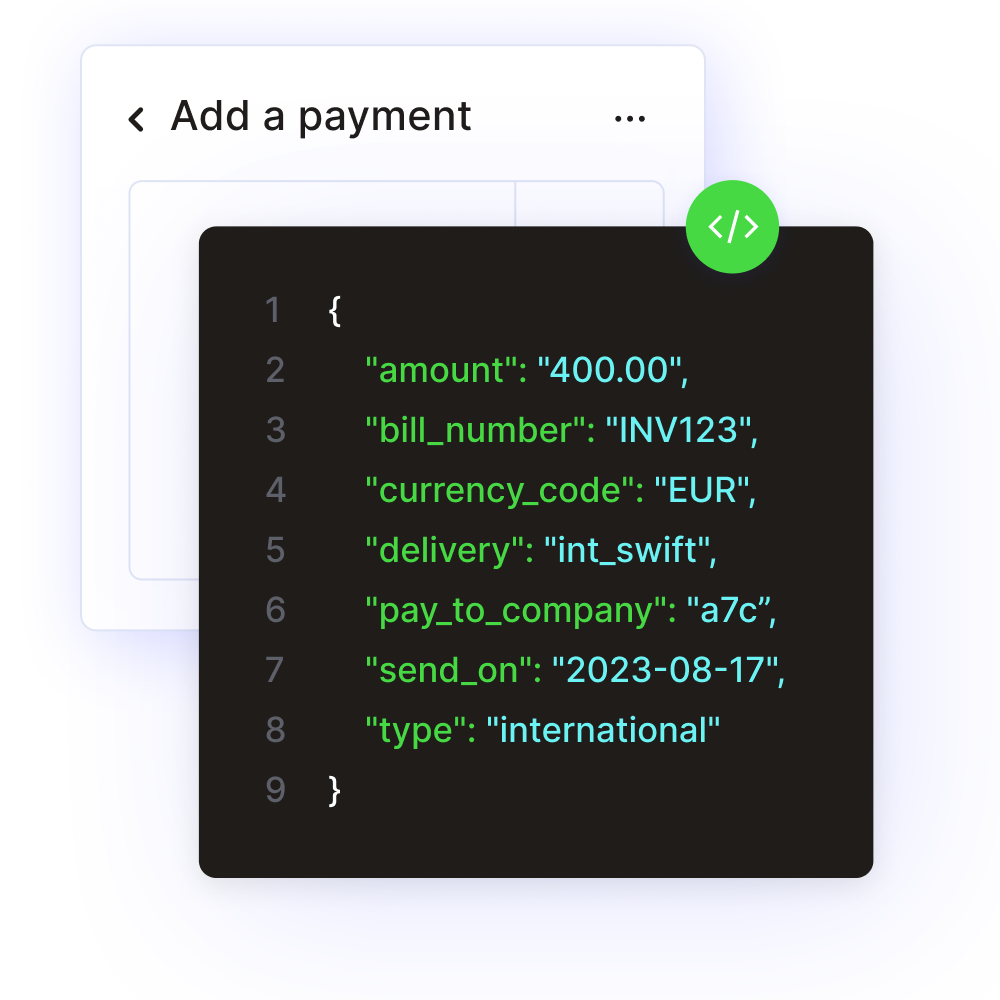A day in the life of an engineering manager at Routable
Adam Jaffe Back
| June 23rd, 2022
Adam Jaffe Back joined Routable almost three years ago as a frontend engineer. He’s now an engineering manager, and he’s sharing a “day in the life” as part of the Routable team.
Morning
7:00 a.m.-ish
I start my day as a dad and husband. My son choses a cinnamon raisin bagel — so he can pick out the raisins first. My wife and I hit the heavy stuff this morning: boldly brewed Irish breakfast tea that’s more honey and cream than tea.

Because Routable is a fully-remote (and remote first!) company, I have the pleasure of living and working from almost anywhere I want. For my family, that means Ashland, Oregon, just north of the California border. I can bike my kid to preschool most mornings.
9:00 a.m.
As an Agile team, we start our work day with a 15-minute standup. Our team members live in the United States, Canada, Brazil, Puerto Rico, Paraguay, Slovenia and the Czech Republic. With so many different time zones, it helps to have a quick sync every day to stay aligned on projects.
After that synchronous meeting is done, I’ll read through all of my asynchronous Slack messages. Most of our communication happens in Slack, so I want to make sure I’m not blocking anyone. Anything that I’m not able to respond to immediately, I’ll set a reminder for later.
9:30 a.m.
Today I have the opportunity to meet one-on-one with three of my direct reports. Every engineer sets their own cadence, duration and topic for what they feel best supports them. For example, some of my direct reports just want to talk about life for 30 minutes while others want to pair program for an hour.
We use Lattice to facilitate our one-on-ones because every meeting is better with at least a little bit of an agenda. We also track progress on professional development goals and 360 reviews. Continuous feedback and iteration is super important to us at Routable.

Afternoon
12:00 p.m.
There’s a misunderstanding between our team (we call them “Pods”) and another team about how their work will impact a feature we’ve roadmapped for next quarter. We had a Slack thread that started to get longer than was useful, so we made the call to get together for a Zoom meeting. (See what I did there?)
My job as an engineering manager is to facilitate this meeting between two tech leads, a project manager and a designer. The project manager and designer have the best global view of the project. The tech leads can discuss the nuts and bolts of the technical specification.
Good news! The other team actually absorbed our project requirements into another project they were doing, so we’re left with far less scope than previously expected. Not only that, but we all discovered Zoom avatars and decided to have our call in the metaverse.

Was it hard to stay focused? Yes.
Was it worth it? 100%.
Should our Lead Product Manager Brent always come to work as a rabbit? Absolutely.
1:00 p.m.
After a quick lunch of last night’s leftovers (Dal Bhat), I work through my accumulated Slack messages.
In one message left in our #pod-core-team Slack channel, an engineer had a question about acceptance criteria for a ticket to integrate Google Apps SSO. The product manager quickly replied to unblock them, clarifying that we could keep the scope as-is for our limited availability release and consider this edge case for general availability.
The Slack interaction is a great example of some of our foundational values at Routable: Own It, Build with Purpose and Engage with Empathy.
Because the engineer owns their project, they knew when to take action to solve the problem. They also knew the right question to ask because of their empathy toward our customers. The project manager felt a similar ownership to unblock a team member and shared empathy for the engineer’s confusion by developing a customer-focused way forward based on their broad knowledge of our product and customers.
Speaking of values…
1:15 p.m.
Every company has certain State and Federal harassment training requirements, but Routable takes it a step further by engaging employees every month with short training sessions called “nudges.” The topic this month is Inclusive Workplace Best Practices. We learn how to support team members with disabilities through the lens of our own privilege, including how race and gender can intersect to create multiple layers of discrimination in the workplace.
Phew. That’s a lot, but it’s important work we’re all committed to. No one is perfect at this stuff, but we’re all trying to just be better than we were yesterday.
1:30 p.m.
My team is working on making better use of Jira. We believe that if we invest some time in the automation that Jira can provide us, we’ll be more productive and hit less roadblocks. Specifically, today I’m working on templatizing our descriptions so that each ticket has a summary, dev notes and acceptance criteria. I’ll also build some filters and dashboards to give us a better sense of our velocity.

2:15 p.m.
We have two new team members joining our team next Monday! We’re a little different than most startups who say, “You’ll push your first commit on Day 1.” We really want you to learn the culture, processes and product first. That sets the tone and expectation of collaboration for the kinds of conversations I had earlier today.

Each Sprouter (our term for new Routable employees) gets their own onboarding checklist, multiple welcome calls and a dedicated onboarding buddy. Teamwork makes the dream work.
3:00 p.m.
Since I’m already in Notion working on my new team members’ onboarding plans, I take the opportunity to review some of the product and technical documents our project manager and tech lead have put together for an upcoming project. While I’m a people manager first, I also help with system and code architecture, especially on the frontend where my strengths lie.
4:00 p.m.
Every engineering manager at Routable has their own quarterly project to improve pain points. For me, it’s turning our repository familiarization and coding norms into a series of videos. Onboarding buddies will get to spend more time pair programming on the meat of tickets rather than the basics and, new Sprouters will feel more confident and comfortable in the codebase.
Toward the end of my day, I’ll start looking ahead to tomorrow. What can I get done to hit the ground running? Are there any meetings I need to prep for? Looking even further ahead: Am I going to be able to hit my medium-term responsibilities or do I need to shift and reallocate?

Evening
5:30 p.m.-ish
Back to dad-mode. It’s time to cook dinner — we’re having pesto shrimp and capellini tonight. And a salad. Probably maybe.
Together as a family, we take a walk around the block and enjoy the world as it slows down after a day at work. Once my kid is in bed, I check my Slack notifications one last time, in case our West Coast customer support folks have any questions or a deployment needs help.
10:00 p.m.
I wind down about ready to lay my head on the pillow when my phone starts beeping like a fire alarm. I’m a search and rescue volunteer, and when someone needs help, I go!

Tonight, a hiker twisted their ankle and won’t make it back down the trail without help. When I return home in the wee hours of the morning, I move some meetings around and give my team a heads up that I’m going to sleep in a bit. Routable may be a remote company, but they fully support my volunteerism and the impact it has on my local community.
Want to work with the team at Routable? Check out our current openings.
Recommended Reading

Developer
From 5 engineers to 50: What a fast-growth team has taught me
A Routable manager shares lessons learned as part of an engineering team that has exploded in size in a short time.

Developer
How business payments are like pull requests
Business payments are a lot like pull requests—the mechanism software engineers use to alert their team about changes to code and get it reviewed before it’s deployed.
